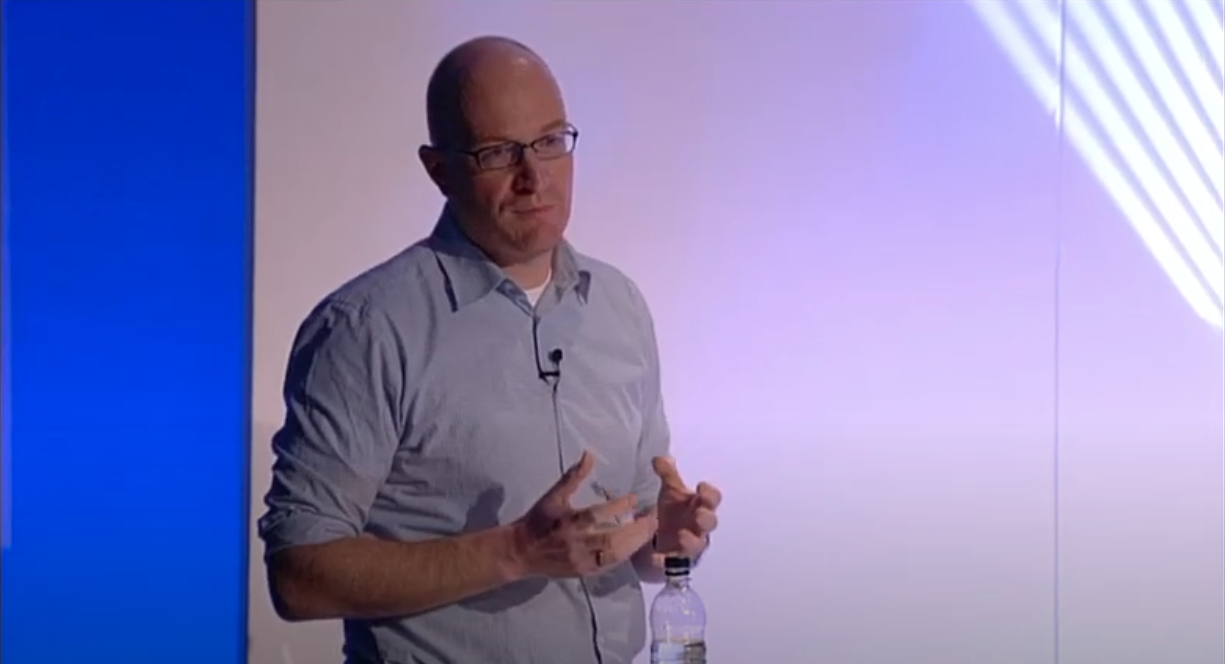
This week we began our celebration of FinovateEurope’s earliest alums. In honor of FinovateEurope’s Alumni Alley Showcase – a new feature designed to highlight the innovations of FinovateEurope alums – we’re highlighting the companies that introduced their innovations to Finovate’s European audience more than a decade ago – and are still among the top innovators in fintech today.
Visit our FinovateEurope Alumni Alley Showcase hub to learn more about this special opportunity for FinovateEurope alums.
Founded in 2003, Backbase has been demonstrating its fintech innovations on the Finovate stage for more than a decade. Making its Finovate debut at FinovateEurope in 2011, the company made its most recent on-stage appearance at FinovateFall in 2021, demoing the Backbase Engagement Banking Platform. In that ten years, the Amsterdam-based company was awarded Best of Show on four occasions, including three from the company’s demos at our conferences in London.
From its origins as a Bank 2.0 innovator, helping banks take advantage of the growing consumer interest in online and mobile banking, to its current incarnation as an Engagement Banking specialist, Backbase has demonstrated a consistent mission of enabling FIs to turn emerging technologies into opportunities for better customer service and engagement. The company’s official rebrand this fall only underscores much of what Backbase has been about all along.

“Our proven growth model has brought us to where we are today and it’s time to evolve our branding to reflect that growth,” Backbase founder and CEO Jouk Pleiter said. “Backbase is the innovation partner enabling traditional banks and credit unions to take the leap into the platform era, and we’re just getting started.”
Most recently, Backbase announced an expanded relationship with Boston, Massachusetts-based Eastern Bank ($22 billion in assets). The institution deployed Backbase-as-a-Service (BaaS) and Backbase’s Engagement Banking Platform to enable it to offer new digital banking solutions.
When Finovate audiences first met Boku at FinovateEurope 2011, the San Francisco-based company had 60 employees and $40 million in equity funding. Today, the direct mobile payments company is a publicly traded entity with more than 300 employees and a market capitalization of more than $390 million. Boku processes more than nine billion in payments every year, and includes some of the largest digital brands – from Google and Spotify to Netflix and Microsoft – as customers of what it bills as the largest mobile payments network in the world.

Boku was among the fintechs to recognize early on the potential mobile payments had to bring financial services to un- and underbanked consumers that owned mobile phones, but did not own credit cards or traditional bank accounts that would enable them to participate in online commerce. The company launched mobile wallet payments in the Philippines in 2012, brought mobile payments to Sony’s PlayStation Store in 2014 and, in 2020, acquired the Estonia-based carrier billing company Fortumo for $41 million.
This fall, Boku announced that it will supply Amazon.com with its digital wallet and other local payment methods as part of a new, multi-year agreement. Boku CEO Jon Prideaux said that the partnership helped reinforce the company’s “strategic move” into digital wallet payments.
More than ten years after SecureKey won Best of Show at FinovateEurope 2011 for its authentication technology that leveraged contactless cards to streamline the online checkout process, the Toronto, Ontario-based company announced that it had agreed to be acquired by NortonLifeLock’s digital security and privacy firm, Avast.

“SecureKey’s vision has been to revolutionize the way consumers and organizations approach identity and the sharing of personal information in the digital age,” SecureKey CEO Greg Wolfond said when the acquisition was announced this spring. “By working closely with governments, financial institutions, and businesses, we have an established track record of trusted and mature identity networks that provide consumers with the secure digital capabilities they deserve.”
SecureKey’s digital identity technology enables more than 200 million secure transactions a year internationally. Prior to the acquisition, SecureKey also had made major inroads in helping organizations and institutions, including governments, embrace modern authentication technologies. The company’s Verified.Me distributed digital identity verification network and Government Sign-In by Verified.Me provide secure and convenient login options to hundreds of government services and applications online. Both authentication services are provided by Interac under an exclusive Canadian licensing agreement.
Photo by Chris Panas







